Journal Articles
(in Post45)
From the start, the problems posed by conversational AI were understood as both technical and artistic. Today, artists are being hired to build conversational interfaces and to shape the personalities of virtual agents. This essay analyzes the work that “conversation designers” do and re-reads ELIZA, the world’s first chatbot, through the eyes of the artists among them.
(in Modern Drama)
One of the hardest things to convey to present-day readers of modernist drama is the power it had to shock turn-of-the-century audiences. And yet we cannot simply cast ourselves as the world-weary counterparts to the naïfs and prudes of fin-de-siècle Europe, because historical time is more syncopated than that. In this essay, I share some strategies for sharpening the sting of modernist drama—but also for highlighting its internal complexity. I then advocate for putting this “terrible art” in its place, as just one strategy theatermakers have used to challenge our thinking about the world.
(in Critical Inquiry)
Throughout the 2016 US presidential election, pundits repeatedly described Donald Trump as a performance artist and his campaign as performance art. Meanwhile, his alt-right supporters were mounting performance art shows, debating the meaning of Marina Abramović’s work, and developing their own theories of political performance. For experts in performance theory, such punditry and provocation is like the image in a funhouse mirror. It’s hard to make sense of such bizarre, distorted images—let alone to recognize ourselves in them. This article insists that, nonetheless, we should try.
(in New Literary History, December 2016)
Reading, observes Leah Price, is an “activity against which the social defines itself.” How odd, then, that during the last half-century public reading has proliferated so wildly. These "bookish performances" (literary readings, readers theater, and found-text performance of every variety) share one goal: not to dramatize literature, but to theatricalize the (inward) experience of reading. As such, they offer an archive of our reading: its phenomenology, its ideology, and its sheer, idiosyncratic variety.
(contributor to a multi-authored article, edited by Daniel Sack)
(in Theatre Journal, September 2016)
"The interiority of actors has always been produced this way: as a collaboration among performers, audiences, and things, by a collusion of techniques and technologies."
Film and theater critics of the early 20th century came to rather strange consensus. As George Jean Nathan put it in 1928, there wasn't an actor alive "who didn't seem completely convincing in a telephone scene." But why? This essay explores the history of the stage telephone in order to explain how the "telephone scene" became a trial (and a showcase) for quality realist acting.
This essay tells the stage history of the telegraph machine. Structured around a deep analysis of William Gillette's Secret Service, it also surveys a wide range of American, British and French telegraph plays. Telegraphy, I argue, transformed 19th-century dramaturgy and acting, turning them realist and proleptically modern. At the same time, these plays (alongside extra-theatrical telegraph "performances" like technical demonstrations and early baseball broadcasts) reveal a new, emerging sense of the human, the global, and the live.
Starting in the mid-1950s, American poetry lived not only in print, but also (and equally) on vinyl and in live performance. Amid this unprecedented publicity, an oddly private genre emerged: confessional poetry. This was no coincidence. Confessional poetry, I argue, was from the start a performance genre, infused with the breath of embodied orality.
(excerpted in Norton's Modern and Contemporary Irish Drama)
Some early critics were aghast at Conor McPherson's plays, which they took to be amoral explorations (even immoral celebrations) of Irish "lad culture." In this essay, I explore McPherson's oeuvre and reveal that, in fact, these plays are obsessed with forging a new morality: something separate from the political and religious creeds that had hitherto guided Irish life.
Book Chapters
in Further Reading (Oxford UP, 2020)
People talk of printed literature as having a sound, but I confess I’m unsure what they mean. It’s pretty clear they’re not thinking of the sounds of silent reading: how pages rustle, pencils scratch, and books thud shut. Nor are they thinking, in most cases, of the sounds that people make when speaking literary texts out loud. These, they protest, are the sounds not of literature but of performance—not of words but of lungs and vocal cords. No, in truth, they have in mind something weirder: the sound that literature would make, might make, were it able to sound itself out. They are thinking, in other words, of a potential for sound that lies buried in the silent page.
in Orphan Black: Gender, Performance, Biopolitics (forthcoming, Intellect Books)
Orphan Black is a show about women and clones. It is also a show about acting and labor. These facts are connected, and in this essay I explore and explain a few of these connections. As you read, keep this endpoint in mind: the actor, the woman, the laborer and the clone are all alike. They are cyborgs.
in American Literature in Transition, 1950-1960 (Cambridge UP, 2017)
Was the proverbial "man in the gray flannel suit" an assassin of poets or a poet manqué? This essay explores midcentury writers' denunciations of the ad-biz, while also arguing that midcentury poetry (especially confessional poetry) was essentially a mode of "public relations"—that new, pervasive sort of advertising that promoted not things, but people, ideas, and lifestyles. Taking themselves as their subject, poets chose personality as their medium—above or alongside language.
in This Business of Words (UP of Florida, 2016)
Excerpted on the Florida Bookshelf blog (read here)
This chapter comes in two parts. The first is a performance history of Anne Sexton's career on the poetry reading circuit—as well as a meditation on how to write the history of such an elusive performance mode. The second is an edited collection of what I call "reading poems"—poems fans wrote (then sent to Sexton) about the experience of seeing her read. What unites them is my search for a new way to study American poetry in the age of the reading.
Short-Form Essays
(for Chronicle of Higher Education)
The recent release of ChatGPT, a language-generating tool from OpenAI, has inspired dark fantasies in the minds of some humanities teachers. But if we treat learning (not distinction) as the goal of education, then generative AI looks more like an opportunity than a threat. As software that can simulate human thinking, it may indeed create some thoughtless students who rely on it too heavily. But it might also create students who are ready to think twice, to push beyond statistically likely ways of thinking.
(for The Washington Post)
“Awkwardness is good for more than giggles. It helps to resolve a paradox faced by every party convention. As a demonstration of party competence, the convention must go smoothly. But as a stage for political expression, it must feel real — and, whether party leaders like it or not, this means free to go really wrong. It’s a tricky balancing act. Stage-manage the action too tightly, and no one will believe a word you say; cut things too loose, and your party will never live it down.”
(for the Lights Camera Action Committee)
“Since the earliest days of his campaign, people have compared the U.S. president’s frequent rallies to the button-pushing act of an insult comic. He mocks people, imitates them, and calls them nasty names. But unlike an insult comic—he doesn’t aim this mockery at people in the room, or even at people who exist. Instead, he invokes absent people (“Some people say…,” his comments often begin) or even creates them out of whole cloth, tailor-made to be mocked!
“Trump may take it extremes, but this tactic is typical: the drama of giving offense has always been founded on a fiction. The offended party may exist, but in the moment of performance—during a Trump rally, or at a performance of Handke’s play—the literal existence of this offended person is immaterial.”
The Seminar Co-Op blog (read here)
“Confessional artists are often tarred as narcissists: people so self-involved, they can’t even see an inch beyond themselves.”
An essay about American intellectual discourse on narcissism, from Lionel Trilling’s Sincerity & Authenticity (1972) and Christopher Lasch’s The Culture of Narcissism (1979) to Kristin Dombek’s The Selfishness of Others (2016).
(for the Los Angeles Review of Books)
"WHEN AN ACTOR plays Hamlet, who directs him to strike The Pose? (You know: elbow bent, face in profile, eye to eye-socket with a skull.) ... And who reminds the latest Sherlock Holmes to wear a deerstalker cap, to smoke a curved pipe, and to crow, 'Elementary, my dear fellow'?"
Answer: Edmund Kean, the Romantic era's favorite Hamlet; and William Gillette, who originated the role of Holmes. Long thought lost to history, Gillette's influential performance is back in a recently rediscovered silent film.
(for the Los Angeles Review of Books)
"[Luise Rainer] never outran one minor achievement from 1936: a four-minute scene in a three-hour film that you’ve probably never watched. ... Legend has it that this scene single-handedly won Rainer an Oscar. ... And like that, Hollywood had discovered another law of nature: as night follows day, so Oscars follow telephone scenes."
Now, the Oscar-bait telephone scene is back in a big way: two films up for consideration this year consist entirely of telephone calls: Locke (2013, dir. Steven Knight) and The Phone Call (2013, dir. Mat Kirby).
"As soon as you begin to refashion your own hearing this way, you’ll understand how elusive sound can be. You might begin to worry, as Roland Barthes does in his most famous essay on voice, 'am I alone in perceiving it? am I hearing voices within the voice?' Hopefully you’ll conclude, as Barthes does, by asking, 'isn’t the truth of the voice to be hallucinated?'"
"Wild is Cheryl Strayed’s first confessional memoir—unless, of course, you count her name. As Strayed recalls about a third of the way through Wild, she authored that briefest of autobiographies on a set of no-fault divorce papers in 1994. Obsessed by the blank line where she was to write her new name, she toyed with outlandish possibilities—“names of movie stars and cartoon characters and strange combinations of words that weren’t rightly names at all”—before finally deciding on this two-word mea culpa."
"The last five years have brought an outpouring of such compendious books on performance and the digital. This flood is a delayed effect, no doubt, of the commercial Internet’s landfall fifteen years ago, but few scholars (Causey and Salter included) have limited themselves to a narrow consideration of 'networked performance.' Instead, the ubiquity of digital and networked technology in our lives has prompted many scholars to examine the wider influence on performance of recent changes in science, media, and technology more generally."
"The recent revival of Ishmael Houston-Jones’s Them, a multidisciplinary dance event from the mideighties, joins a host of similar attempts (across all the temporal arts) to resurrect experiments from decades past. In doing so, it faces particular challenges.
Postmodern dance has seldom spoken in the past tense. Determined to discard inherited styles—and even to avoid the self-continuity that sustains style as such—its choreographers have preferred to grace their moments lightly."
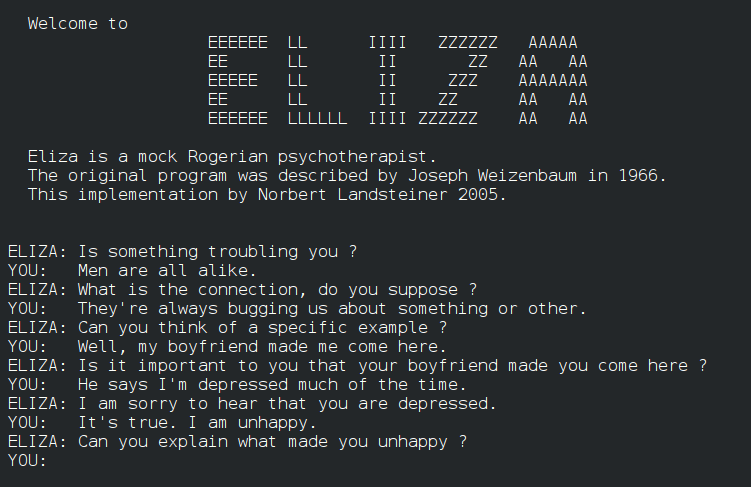
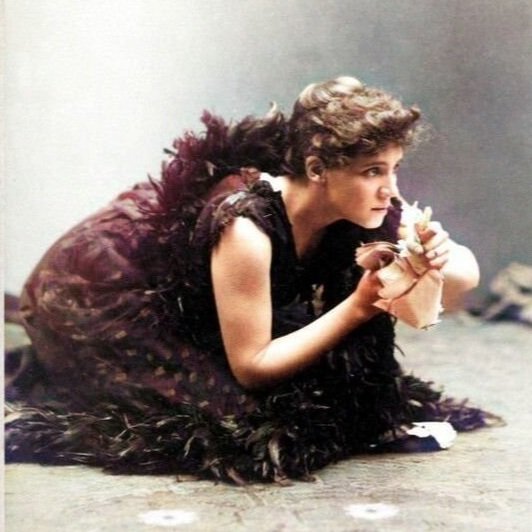

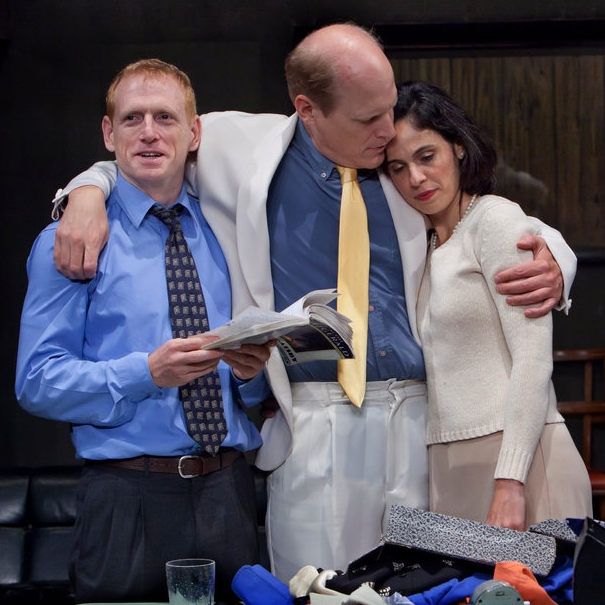
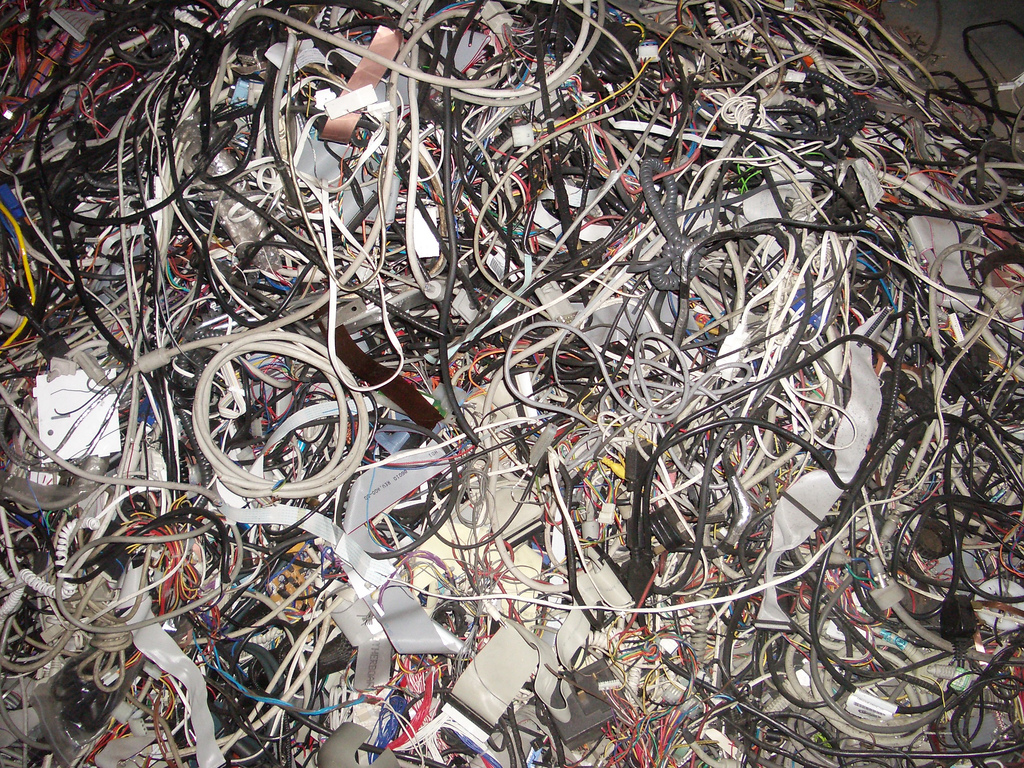
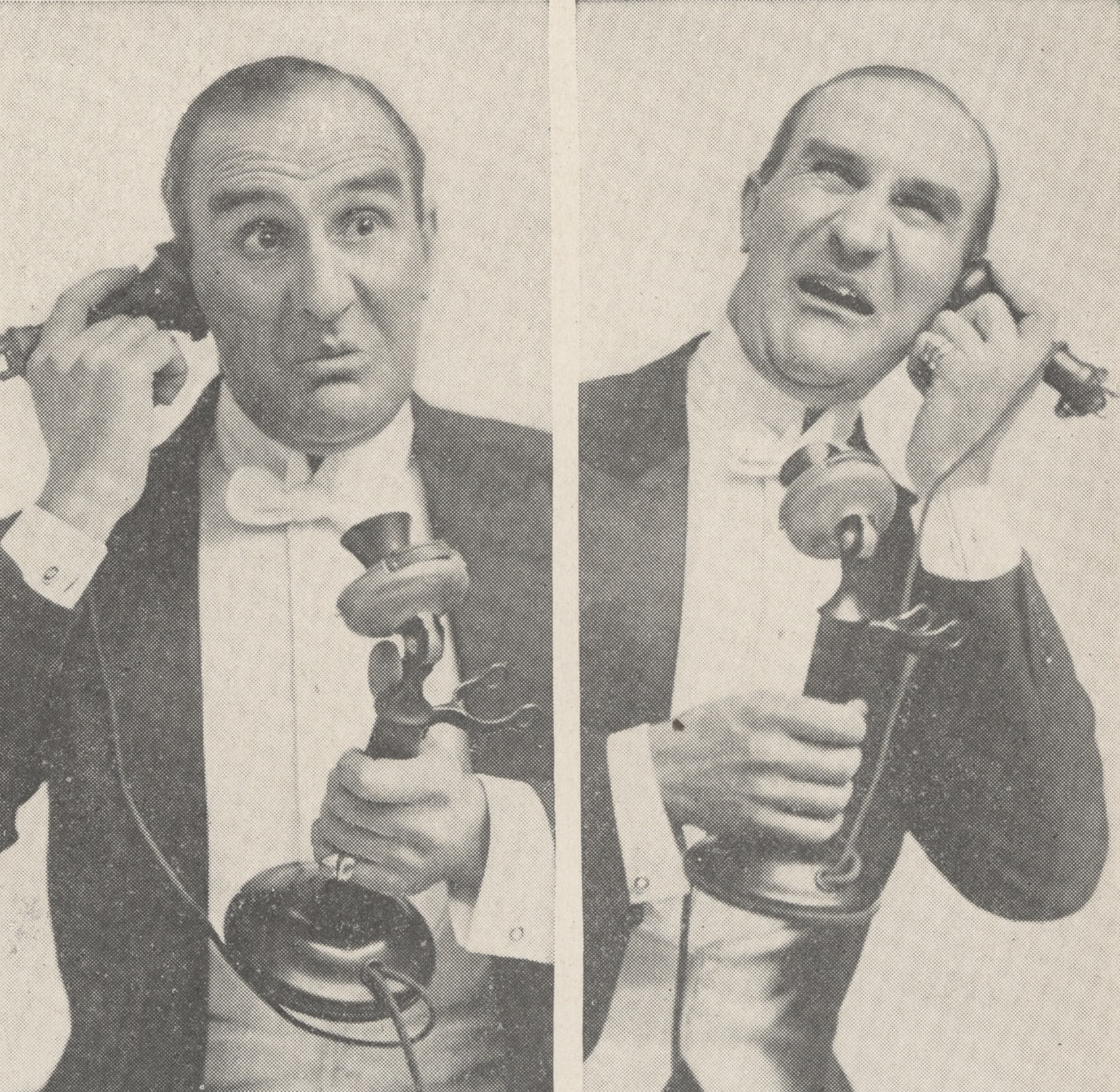
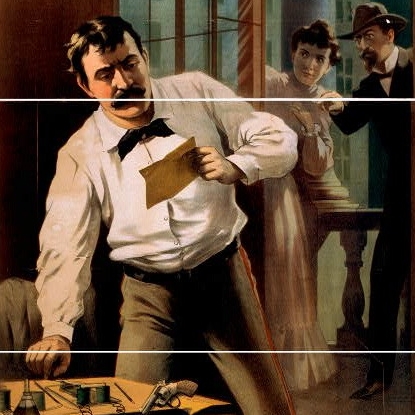
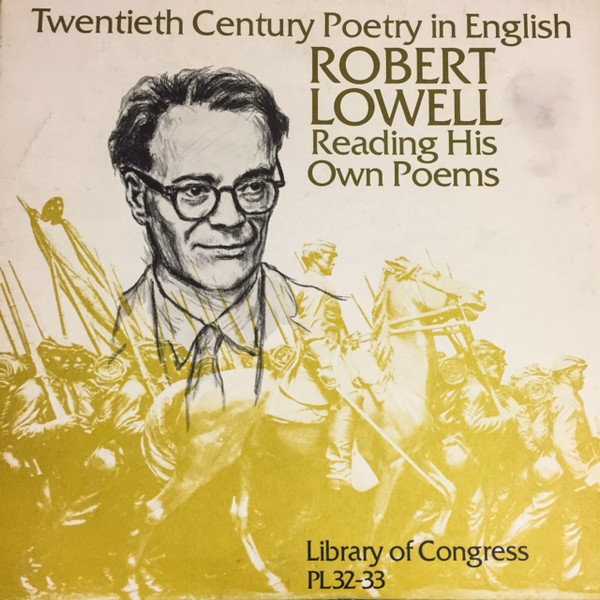
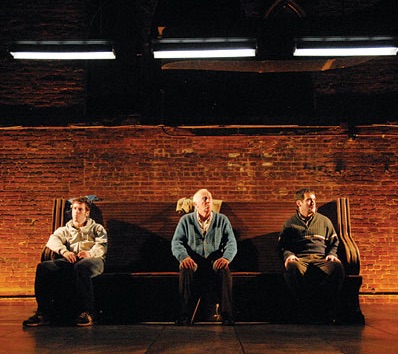

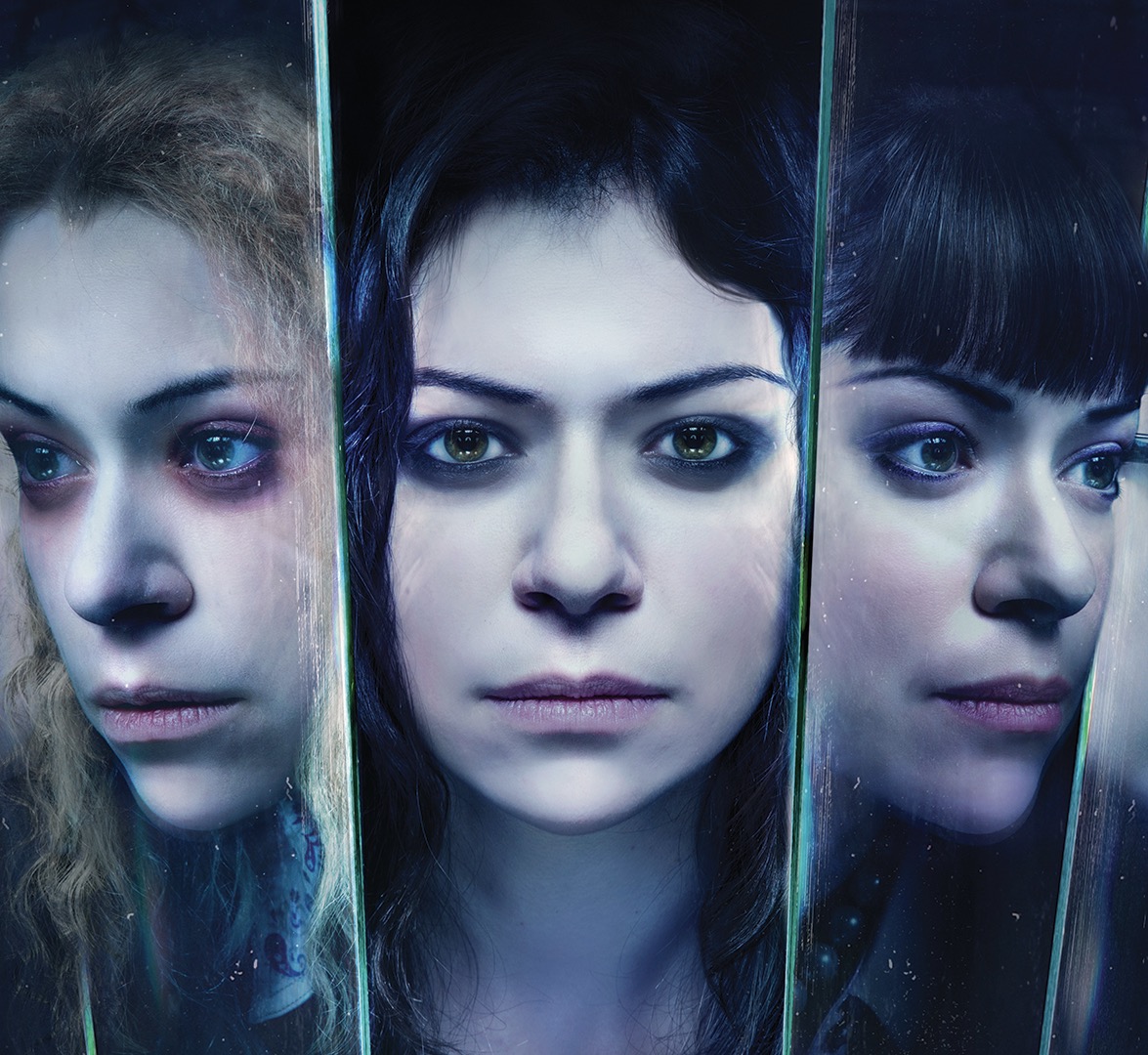





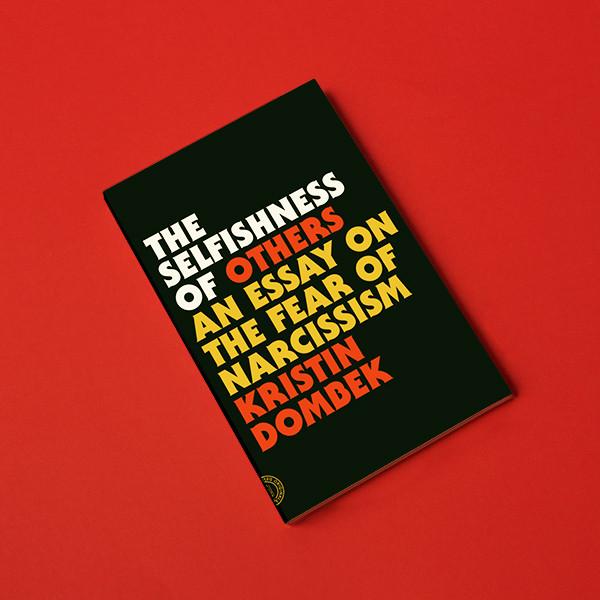
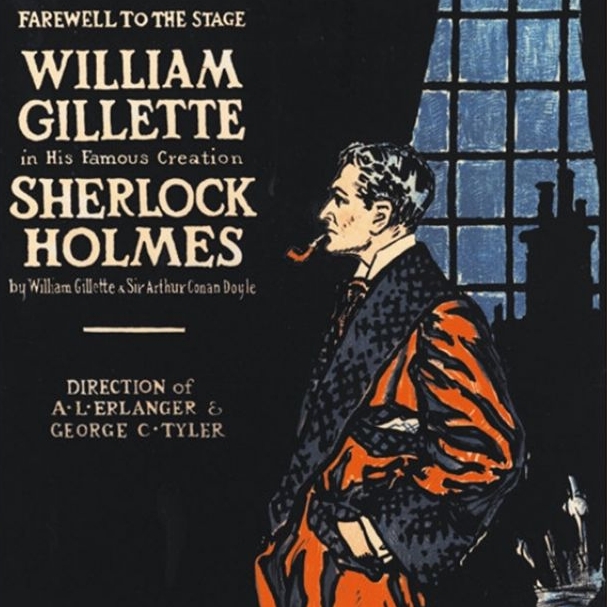
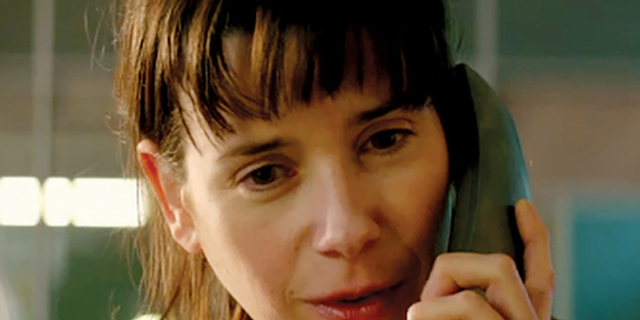
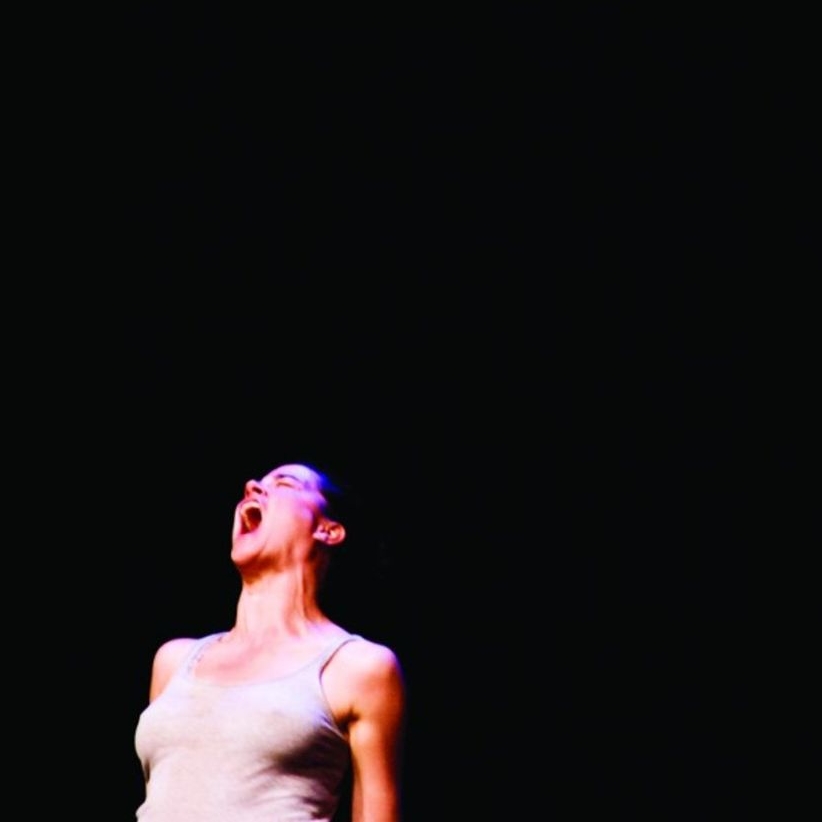


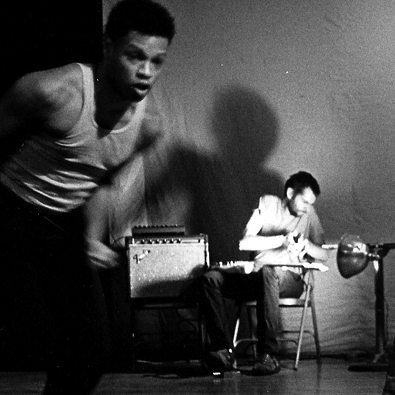
(in Performance Research)
The weird co-existence of violence and silliness in the Capitol Riots led commentators to declare them “surreal,” or else to posit the simple theory that the rioters’ playfulness was “camouflage” or “cover” for their true intentions: to commit acts of white supremacist violence. A close performance-minded reading of video footage from the riots tells a different, more complicated story. To lay the foundations for telling such a story, this article re-reads canonical play theories (Geertz’s “deep play,” Schechner’s “dark play”) and builds new theories of political play on the ideas and practices of the contemporary Trumpist right.